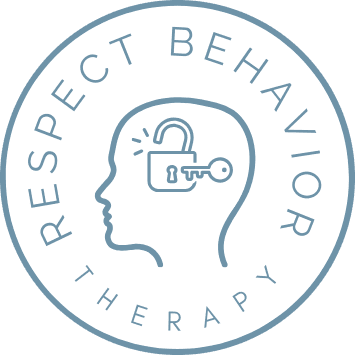Amplifying Autistic Voices: The Imperative of Including People with Autism in ABA Leadership.

In the world of behavioral sciences, few approaches have made as significant an impact as Applied Behavior Analysis (ABA) when it comes to autism intervention. But for an approach that caters primarily to individuals with autism, it's alarming how underrepresented the autistic community is in ABA leadership roles. Here's why it's crucial for more people with
autism to be part of the ABA board leadership and control its framework:
1. First-hand Experience An individual with autism offers an invaluable perspective that no amount of training or study can replicate. Their lived experiences give them unique insights into the effectiveness of certain interventions and the nuances of autistic behaviors and needs. Their personal encounters can provide a depth of understanding that is essential to ensure that ABA methodologies are tailored effectively.
2. Advocacy and Representation The age-old saying, "Nothing about us, without us," rings especially true here. The inclusion of autistic voices ensures that the very community ABA serves has a say in the direction, ethics, and methodology of the approach. They can advocate for practices that are more holistic, respectful, and considerate of individual differences.
3. Bridging the Gap between Theory and Reality Sometimes, there's a vast gap between academic theories and real-life situations. By having people with autism in leadership roles, ABA can remain grounded, addressing the real and pressing issues that the autistic community faces daily.
4. Promoting Neurodiversity By ensuring a diverse board, ABA can send a powerful message about the importance of neurodiversity, not only in therapy but also in leadership, decision-making, and vision setting. A more diverse board means a richer tapestry of ideas, approaches, and perspectives.
5. Counteracting Stigma Having autistic individuals in leadership roles serves to counteract the stigmatization and stereotypes associated with autism. It challenges societal prejudices and showcases the capabilities and strengths of the autistic community.
6. Enhancing Ethical Standards With direct representation, there's a heightened emphasis on ensuring that ABA practices remain ethical, respectful, and person-centered. Those with autism can guide the board in considering the emotional and psychological dimensions of interventions, ensuring that therapy is not just effective but also compassionate.
Conclusion Including people with autism in ABA leadership isn't just a matter of fairness or representation. It's about amplifying the effectiveness, authenticity, and ethical standards of ABA itself. For a field that revolves around behavioral understanding and positive change, the inclusion of autistic voices in its leadership roles is not just a recommendation; it's a necessity.
Let's reimagine a future where those who benefit directly from ABA also have a dominant voice in shaping its trajectory. It's time to bring autistic voices to the forefront of ABA leadership.
